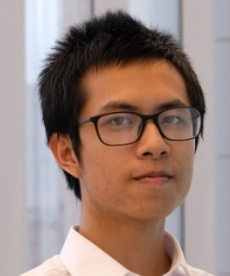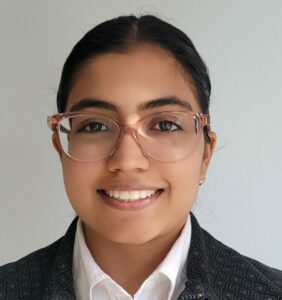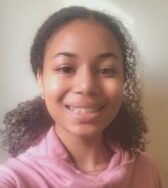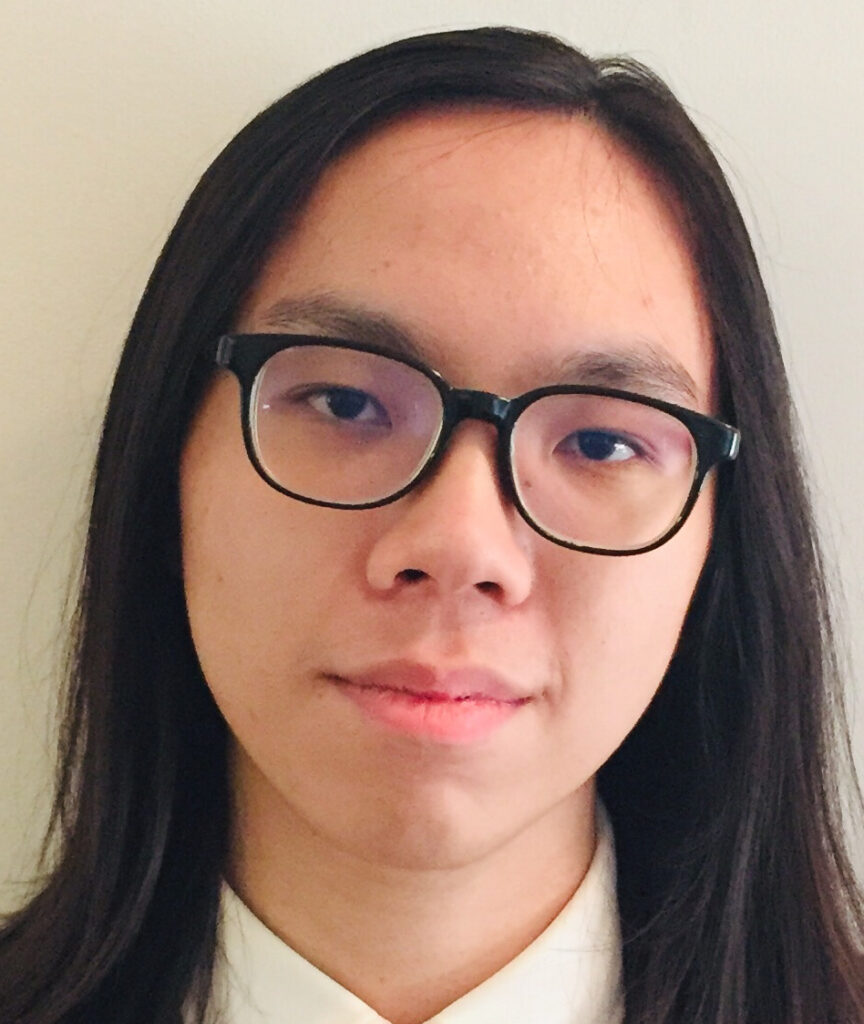
A team of York University students placed in the top three in the STEM Fellowship Inter-University Big Data Challenge, an inquiry-driven experiential learning program focused on data science skills.
The competition brought together 213 teams representing 69 universities from all over the world. The York team was the only team representing the University that made it to the finals. There were 16 finalist teams competing for eight awards in four award categories.
Students from any undergraduate or graduate program are invited to apply their problem-solving while gaining familiarity with the fundamentals of data science. This year’s theme of “The Sustainability of Health Economics” invited students to drive innovative ideas in health economics, public health, and health supply chain management.




Mahakprit Kaur (biomedical science, Faculty of Science) formed and led a team from Professor Jude Kong's lab, consisting of Taylor Cargill (biology; Faculty of Science), Kevin Hui (computer science, Lassonde School of Engineering) and Minh Vu (computer science, Lassonde), in the 2022 International Stem Fellowship Inter-University Big Data Challenge. The team finished third for the Science Communication Award for their research titled “Can Tweets be used to identify medical resource shortages and inform healthcare supply-chain decisions?”
The competition requires participants to utilize data science skills to conduct research, write a manuscript, and present the findings in front of a panel of judges. Kaur’s team chose to study the potential of social media to act as an early warning system that can identify shortages before they occur. Specifically, they chose to focus on PPE shortages across long-term care homes in California, U.S., and ICU bed demand across hospitals in Brazil.
Although previous studies have looked at using Twitter Sentiment Analysis to examine people's opinions on vaccines and COVID-19 misinformation, the team found few studies examining the potential of social media to identify healthcare needs.
From May 23 to June 6, teams had two weeks to learn the necessary data science skills, conduct research and write a manuscript. On June 27, the finalists were announced, and teams were given less than a week to prepare a 10-minute video presentation. On July 16, each team had a 15-minute Q-and-A period where judges questioned them about their work.
The York team placed third in the Science Communication Award category, winning a prize of $400.
Watch the video submitted by the York team; or read the manuscript of their project.
